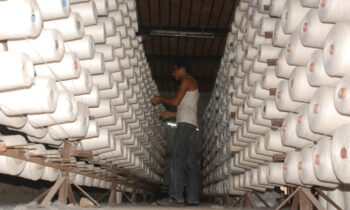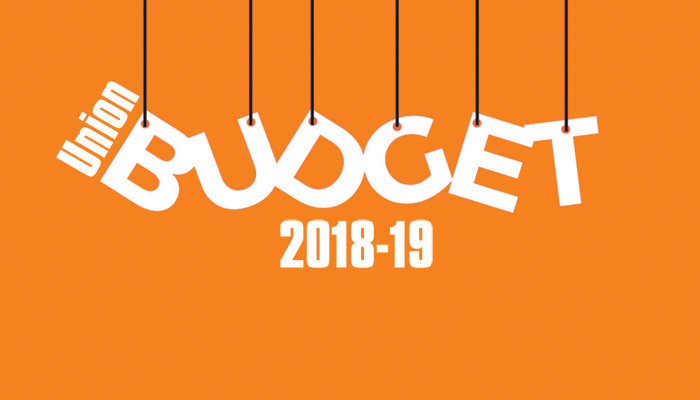 The exporters in Pakistan have halted yarn sales as the falling dollar prices have led to higher availability of the raw material at cheaper rates in the domestic market, revealed sources from the value- added sector. The industry is also hopeful that the measures being taken by Pakistan to normalize relations with India could allow cheaper cotton yarn imports from across the border. Spinners who produce yarn believe that the raw material was expensive due to costly cotton imports.
The exporters in Pakistan have halted yarn sales as the falling dollar prices have led to higher availability of the raw material at cheaper rates in the domestic market, revealed sources from the value- added sector. The industry is also hopeful that the measures being taken by Pakistan to normalize relations with India could allow cheaper cotton yarn imports from across the border. Spinners who produce yarn believe that the raw material was expensive due to costly cotton imports.
Reports suggest that against annual predicted consumption of minimum 12 mn bales, the Ministry of National Food Security and Research expects only 7.7 mn bales production this year. However, cotton ginners have given the lowest production estimates of only 5.5 mn bales for this year.
According to the Pakistan Bureau of Statistics, Pakistan has imported around 688,305 metric tonnes of cotton and yarn while there is a minimum shortfall of six million bales. A gap of about 3.5 mn bales is present that the government would need to fill through imports.
Due to the rising decline in cotton production, users were forced to import from United States, Brazil and Uzbekistan. Imports from India, however, would be much cheaper and would arrive in Pakistan in three to four days.
Pakistan Apparel Forum Chairman Jawed Bilwani had earlier said that unavailability of cotton yarn and sudden decrease in the value of rupee against the US dollar can harm efforts made by the value-added garment and home textile segments.
Yarn exporters who sold their products at the rate of Rs160-161 are now facing declining profits. There are daily fluctuations in the exchange rate with the dollar standing at around Rs157 in the inter-bank market. The dollar lost 7.5pc in value since August against the Pak rupee. An exporter of finished textile products said that the recent decline in the yarn prices is neither significant nor there is any guarantee that the prices would remain stable as it is mainly a result of a sudden drop in the dollar prices.
Previously, the spinners had opposed yarn imports from India, saying that trading with the country shouldn’t be normalized unless disputed issues including imbalances in trade are resolved. Imports from India remain higher than exports from Pakistan. However, as the prospects of gradual restoration of bilateral trade ties with India have increased after a deal to maintain peace at Line of Control, traders now remain hopeful of importing cheap cotton and cotton yarn from across the border.










